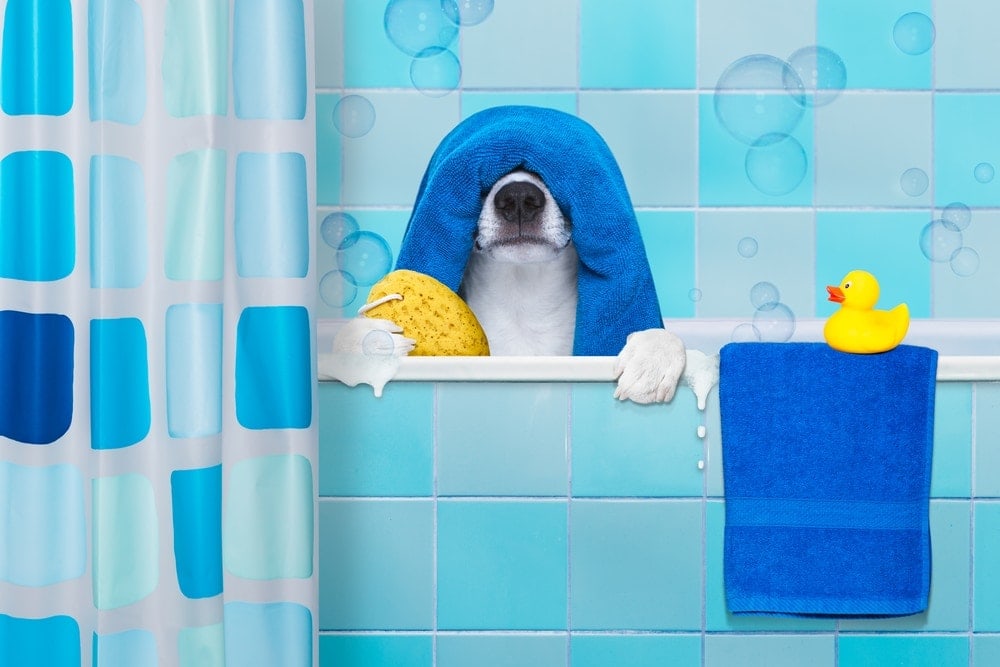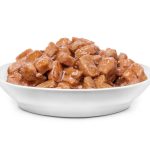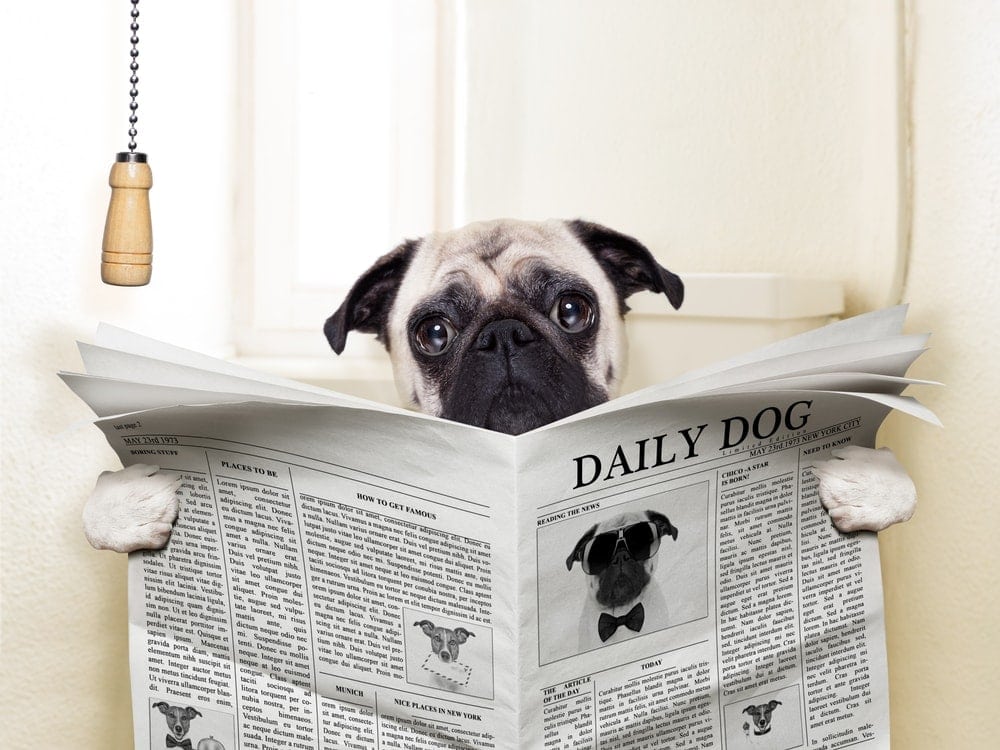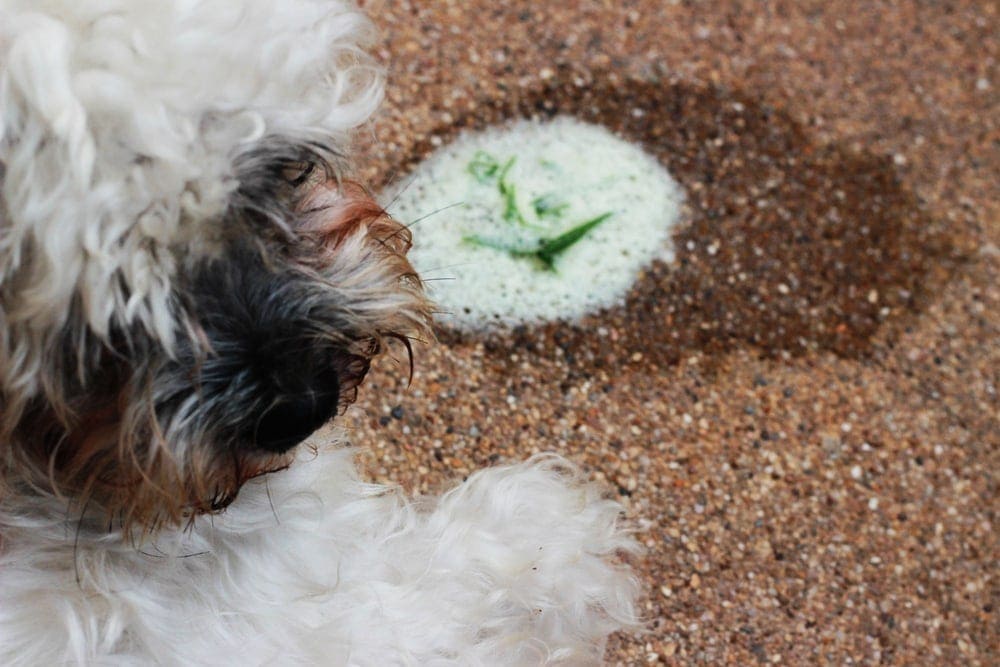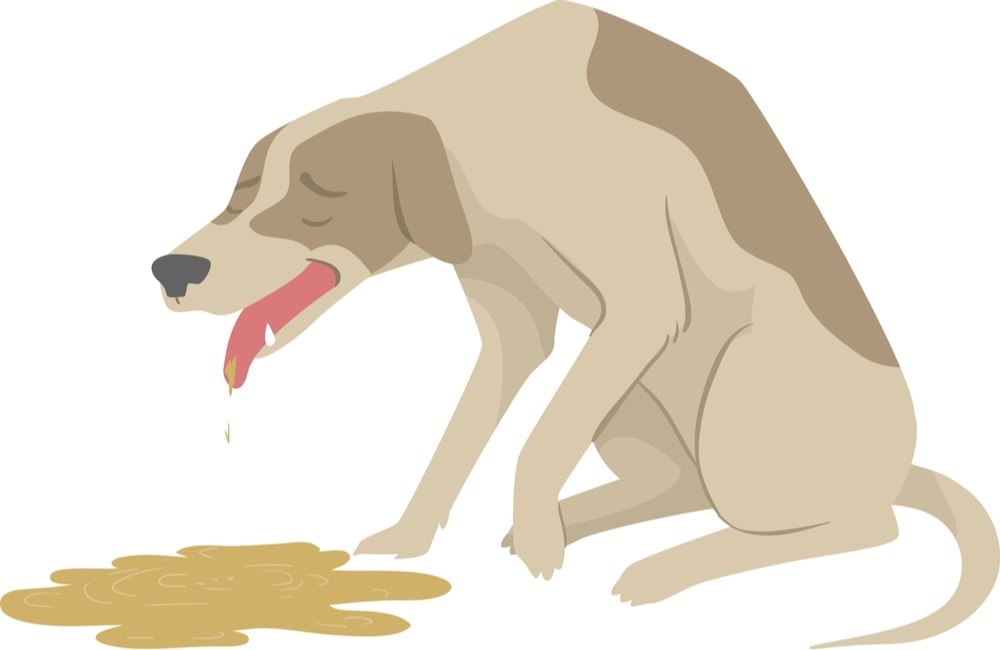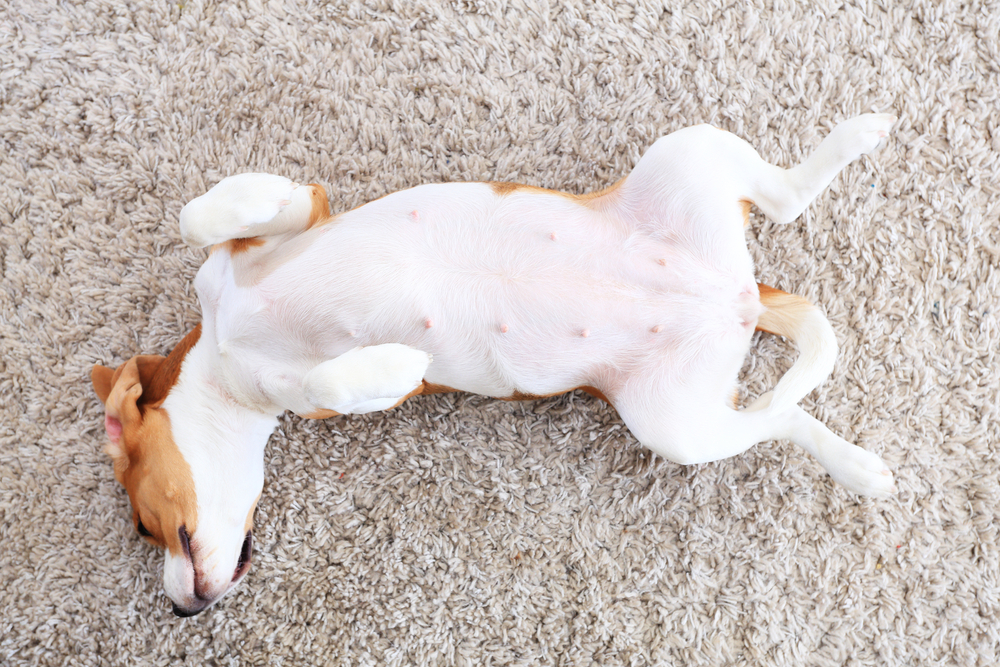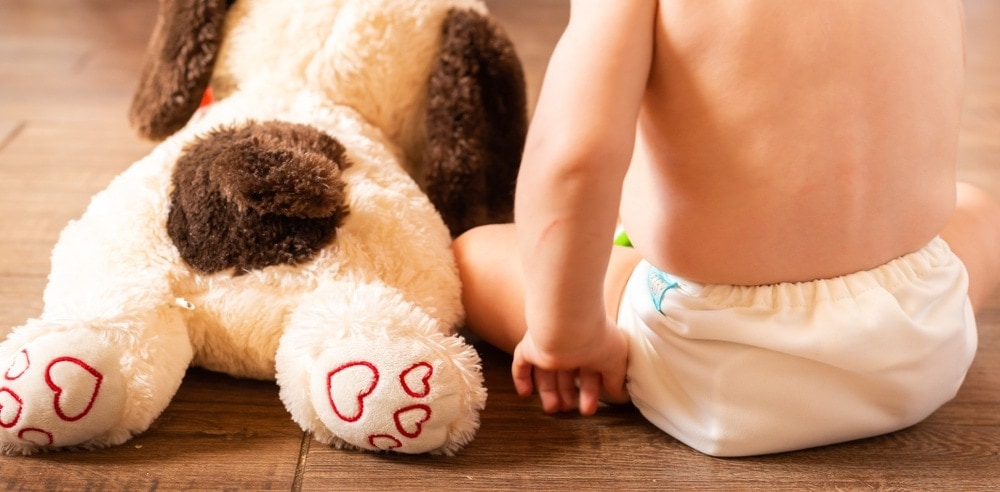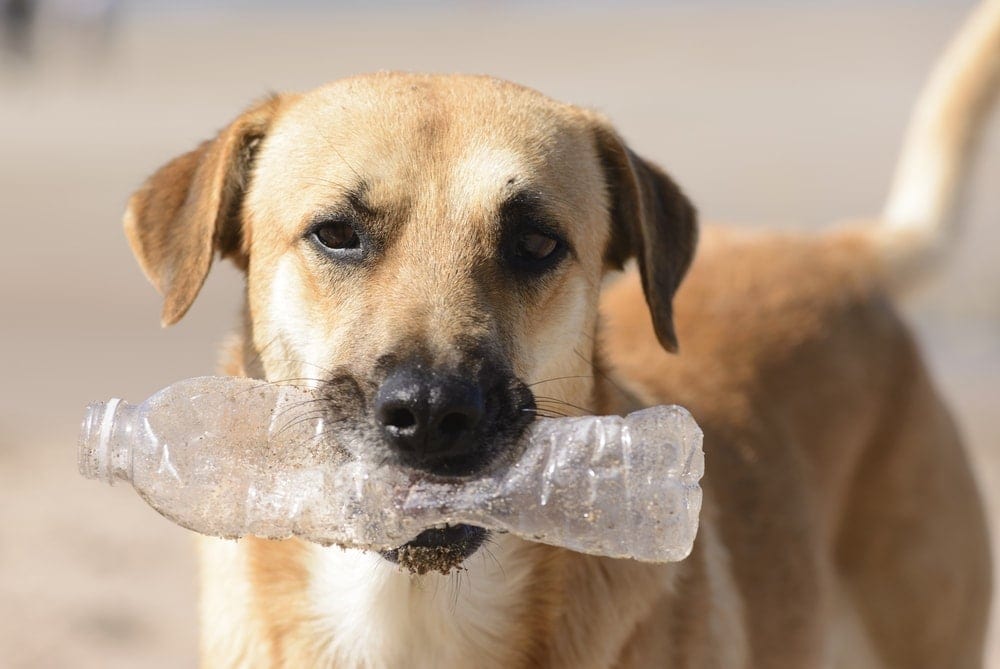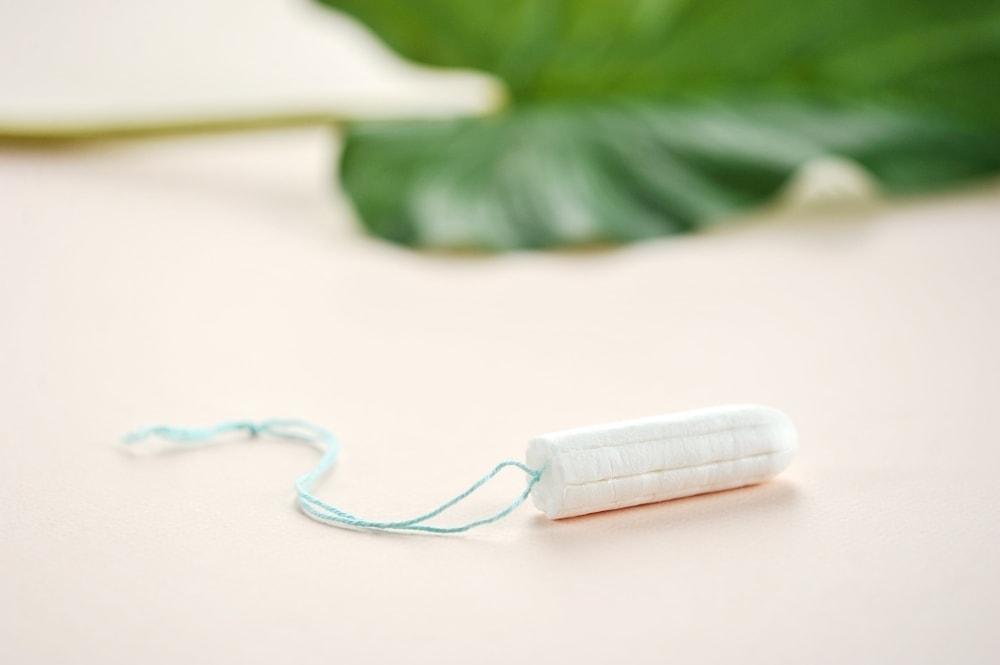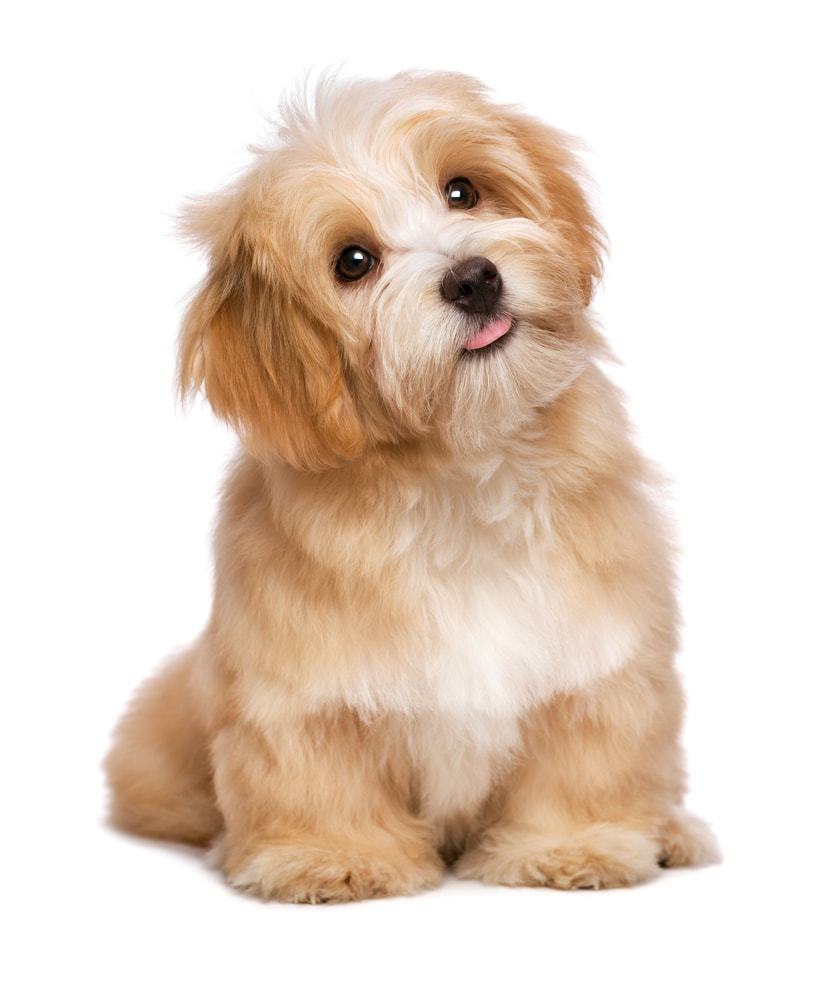If your dog has managed to eat any amount of soap, there are several key things you’ll need to know.
It is crucial that you have the right information so you’ll know how to respond to this particular situation.
Is Soap Dangerous for Dogs?
While most soap is not toxic to dogs, there are some exceptions that you should be aware of. The average bar soap does not contain any ingredients that pose a serious threat to your dog’s health. There are, however, certain types of soap that use chemicals that can cause your dog to become ill to some degree.
Soap products that can be toxic to dogs include:
- Dish soap: Some dish soaps and laundry detergents use certain chemical ingredients that can do serious damage to your dog’s body. This includes burning and scarring of the mouth and stomach. While not all of these products can cause this reaction, it is still a possibility.
- Sanitizers: Sanitizing and disinfectant products pose a serious threat to your dog if ingested. They too can cause burns to the dog’s mouth and stomach lining.
- Shampoo: Most shampoos are not especially toxic to dogs, but they can certainly cause different types of irritation. This is also the case with soap products that are designed for washing dishes. While these types of soap are less harmful than the previous two, they can still be dangerous to some extent.
Symptoms to Look for
There are a number of symptoms that you should look for with your dog if it has just eaten soap. If you notice any of these things in your pet, you should get them medical attention right away.
1. Bloating
If you notice any bloating of your dog’s stomach, they could have an intestinal obstruction. This is very serious and requires immediate medical attention. You’ll want to look out for this particular symptom if your dog ate a piece of bar soap. While the soap itself may not be toxic to your dog, the amount they consumed could cause serious health complications.
2. Vomiting and Diarrhea
If your dog keeps throwing up and/or has diarrhea after eating soap, you may want to get them to the vet. These symptoms may not indicate a serious problem, but it’s better to just play it safe and have them looked at.
3. Allergic Reaction
You’ll also want to look for symptoms of an allergic reaction. While most dogs are not allergic to ingredients that are commonly used to make soap, you’ll still want to pay attention. Some of these symptoms include swelling of the face, problems breathing normally, and hives.

What to Do When Your Dog Eats Soap
There are a few simple but important steps that you’ll need to take if your dog has recently eaten any soap.
1. Consider the Type of Soap
As we mentioned above, some types of soap are more harmful than others to dogs. If your dog consumed any dish soap, sanitizer or disinfectant, you should get them to the vet right away. This will increase your chances of getting your dog the treatment it needs before it is too late.
2. Keep a Close Eye on Them
If your dog ate a small piece of bar soap or perhaps some shampoo, you’ll want to closely monitor their condition for the next several hours. Keep in mind that vomiting and diarrhea are both common symptoms that don’t necessarily indicate a serious issue.
3. Check with Your Vet
You should also call your veterinarian so you can get their advice as to what you should do next. They may recommend that you bring your dog in to be examined or to just induce vomiting with some hydrogen peroxide.
Reasons Why Dogs Eating Soap
There are a few different possible explanations for your dog eating soap. If you have a puppy that is less than six months old, it could still be in the teething stage. There is also a chance that your dog could have pica, which is a condition that causes animals to eat things they cannot properly digest.
You also need to consider the possibility that your dog ate the soap as a cry for attention. If you aren’t spending enough time with your dog, you should view this as your wakeup call.
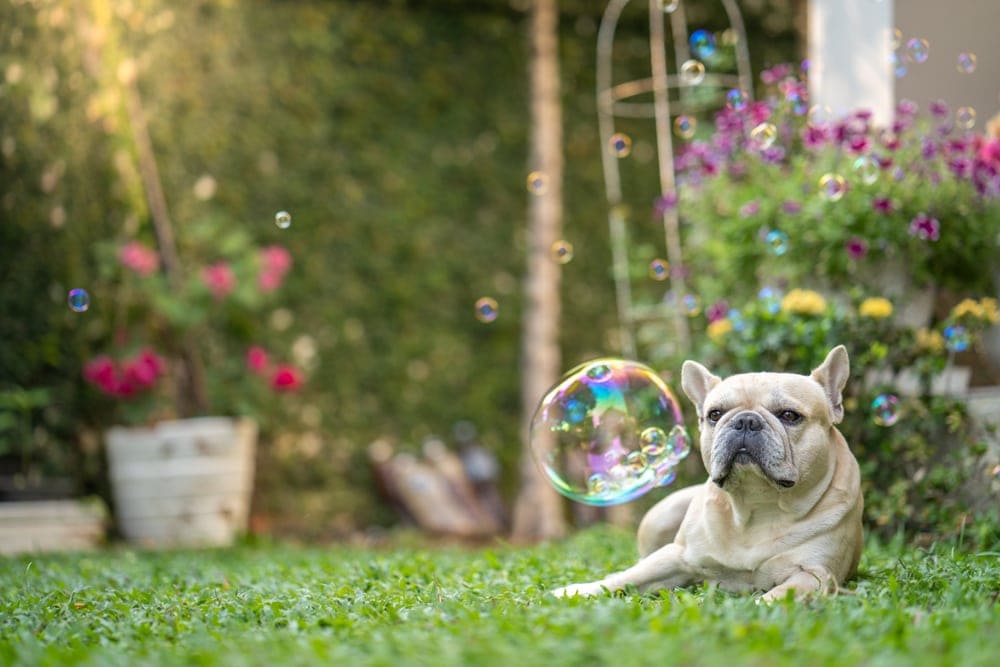
Prevention
It is important that you take certain steps to ensure that your dog doesn’t eat any type of soap in your home again. This doesn’t take much effort, and it will help to keep your dog safe and healthy.
1. Keep the Soap Hidden Away
You’ll want to keep any and all soap in your home somewhere that your dog cannot get to. This could be in a cabinet under the sink or on top of the refrigerator. If you keep your soap low to the ground in the bathroom, make sure that you keep the door closed.
2. Give Your Dog Toys to Chew On
If you think that your dog may have eaten soap because it is teething, you should get them numerous fun toys to chew on. If your dog doesn’t have a lot of toys at home, its definitely a good idea to go shopping. This can help you get through the dreaded teething phase with your dog’s health intact.
Conclusion
- There are certain types of soap that are more dangerous than others for dogs when they are ingested.
- Bar soap is usually pretty harmless, as it doesn’t typically have any toxic ingredients.
- Laundry soap, laundry detergent, and sanitizers can all cause serious problems with your dog’s health if they eat it.
- Shampoo and dish soap tend to be less harmful to dogs than the other kinds, but there is still a chance of a severe reaction of some kind.
- If your dog eats any amount of soap, you need to closely monitor their overall condition for at least several hours afterward.
- Take your dog straight to the vet if you notice any swelling of the face, hives or trouble breathing.
- Make sure that you keep the soap in your home in a place that your dog cannot get to.
- If your dog is currently in its teething stage, you’ll want to have plenty of toys for them to gnaw on.
